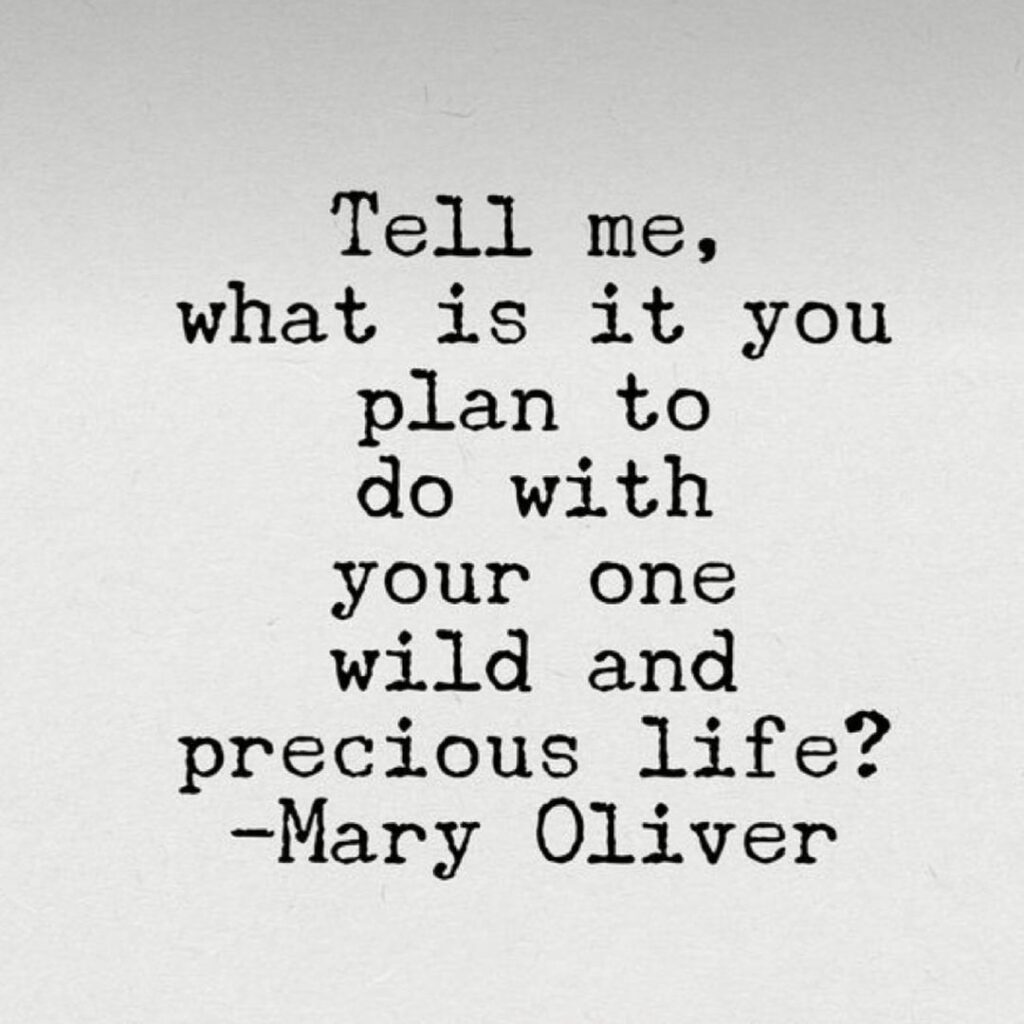
So, here’s your classic movie plot based on the Quest. There’s a problem, usually an emergency, where a kingdom will fall if this issue isn’t resolved. A rescuer needs to be found.
The quest
The rescuer, soon to become our hero feels woefully ill-equipped for this journey, but honour or duty, usually both, help him or her to find the courage to accept the quest placed before him. He’s given minimal resources, most of which are usually lost in the first part of the journey.
Along the way, he comes across a guide. He faces trials, struggles, doubts, all seem to test him to help him learn more about himself. The movie is peppered with scenes of his tribe’s suffering because he hasn’t solved the riddle yet. He hasn’t acquired the skills and the self-understanding that this quest will ultimately help them to uncover. His tribe is calling for him: please succeed! Please save us, please come back to us!
Why do we love quest-based movies so much? It’s because the quest is an inevitable part of our lives. When you find yourself presented with the quest, you have three choices.
you have three choices
- You can pretend it isn’t there. This is the equivalent of the hero saying to the king or queen: Thanks for the offer but I think I’ll pass on this occasion. There’s usually a severe penalty passed down by the sovereign. The hero never gets to experience new things, find out what he’s capable of, or acquire new skills, awareness or understanding.
2. The hero delays the quest. Tribe’s suffer because they are crying out for his help. Each day he awakens with that; knowing that horrible, anxious feeling; knowing that you’ve chosen to spend this day in a way that isn’t the best use of your time.
3. Our hero accepts the quest. Hurray! He surrenders to his doubts and fears, knowing that this is happening for him, not to him. Somehow, he’ll find a way.

As we observe the seasons in nature, there are also seasons in our lives.
seasons of life
Whereas once the seasons were described according to our age, the speed with which we process information now means that there are seasons within seasons. So, it used to be:
- Your spring season was up until the mid-20s.
- Mid 20s to 40s, you were in your summer.
- 40s to 50s, you’re in the autumn of your life.
- 60s onwards, you were in the winter season.

Spring was about planting, learning, understanding ourselves and making sense of our world.
In summer, we enjoyed the efforts of spring. This is an abundant time when we’re building our foundations, creating a comfy future, growing our resources, mastering our career, watching over our families as they begin their spring, and taking guidance from our elders who are in their autumn and the winter.
Then in autumn we harvest, storing our abundance for when winter comes. We’re cozy and comfortable. Winter is the time for retreat and reflection. We’re consuming our resources, sharing our wisdom, enjoying a life well lived. Autumn and winter may be the times when we guide our heroes when they’re venturing through their spring and summer seasons.
embracing your quest
A career for life isn’t an option or the goal for many people. As a result, we find we are questing more often. How do you know when the quest is upon you? Often something feels unsettled deep inside, you find you begin to yearn to learn something new. You find yourself reading sci-fi fantasy and not being able to put the book down.
It’s normal to feel anxious and uncertain when this time is upon you. You don’t need to quit your job and live in a combi van. You can define the parameters of your quest. What matters is that you follow the yearnings of your soul to grow, to become more aware, to test what you believe you know of your world.
Sometimes, and particularly when we’ve ignored the gentle urge of the Quest, the quest is forced upon us. This happened to me back in 2000 when in the space of three months my tech project was closed, I split up with my partner, and my dad passed away unexpectedly.
I was reeling. I felt like the center of my universe dropped away like a volcano spewing boulders into a lake. It was hurting on every single level. I felt like everything that had once given certainty to me was gone.
So, here’s the takeaway
The Quest is a part of life. We’re moving at a pace so fast it’s now likely that your quest will happen more than once in your life. You can no longer rely on it arriving at the end of your school year or when you retire. So, embrace it.
Look out for the urgings of your soul. Fancy learning to paint? Give it a go! Can’t stop thinking about a project that’s building a school in Nepal? Find out how you can get involved.
Actively seek out ways that you can make your life experiences deeper, wider, more vibrant. Give yourself an opportunity to experience what’s in the margins, rather than just staying in the mainstream of your life.

I’ll leave you with words from the most wonderful poet, Mary Oliver.

